PS Sing’oei Rules Out Unilateral Intervention in Tanzania Post-Election Tensions
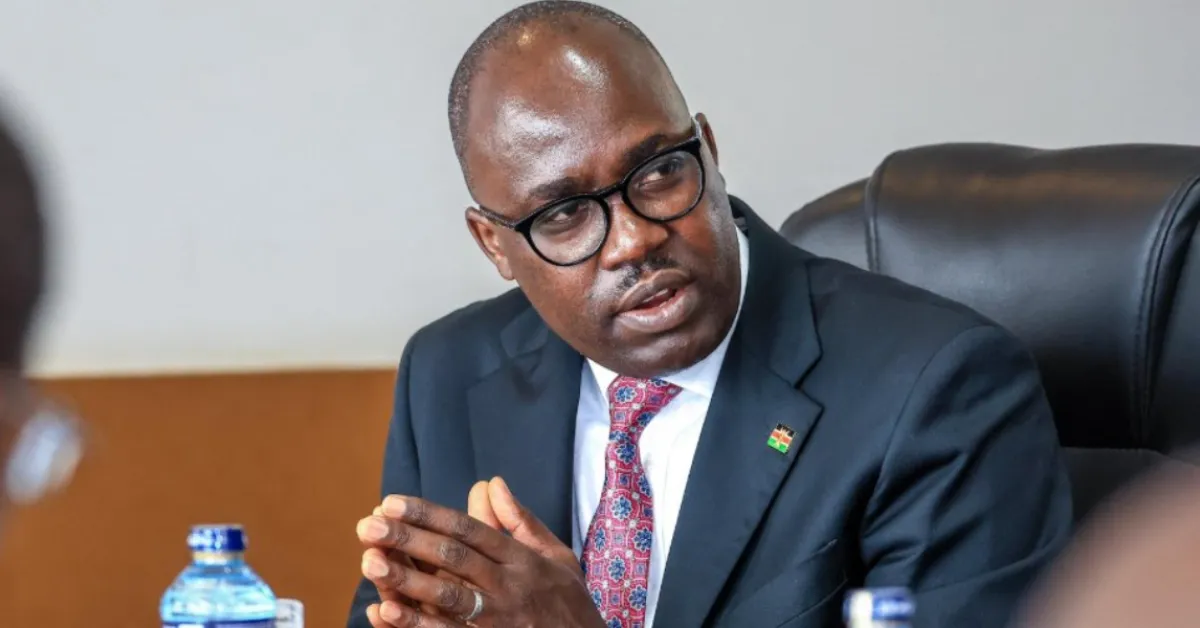
Kenya is assessing how to respond to growing instability in Tanzania following last month’s disputed general election, which has led to widespread unrest and international concern.
Officials in Nairobi say they are approaching the situation with caution, balancing regional solidarity with respect for Tanzania’s sovereignty. Foreign Affairs Principal Secretary Dr Korir Sing’oei said that “context and process matter” in determining any Kenyan involvement, noting that outside mediation is not always welcome.
His remarks follow calls from Ambassador Martin Kimani, Kenya’s former Permanent Representative to the United Nations, who has urged a more active role in supporting peace efforts. Kimani argues that Kenya owes Tanzania a measure of reciprocity, recalling that during Kenya’s 2007–08 post-election crisis, then-Tanzanian President Jakaya Kikwete, as African Union Chair, helped mobilise regional leaders to mediate.
Working with Ghana’s President John Kufuor and Kofi Annan’s Panel of Eminent African Personalities, Tanzania was instrumental in securing the National Accord that ended Kenya’s political deadlock and established the Grand Coalition Government. Kimani says Kenya should now send representatives from across political and civic sectors to help mediate in Tanzania.
He bases his appeal on the principle of subsidiarity, proposing that the East African Community (EAC) should lead the process in coordination with the Southern African Development Community (SADC), involving the African Union only if necessary to avoid overlapping efforts.
He also emphasises the need to protect civilians, citing the EAC Treaty’s commitment to peace and human rights. For Kimani, Kenya’s role carries both practical and symbolic importance, reflecting the vision of Mwalimu Julius Nyerere, who championed East African unity even before Tanzania’s independence.
The urgency of these calls reflects the scale of Tanzania’s current turmoil. The 29 October election returned President Samia Suluhu with 97 per cent of the vote, after opposition candidates were barred from contesting. The African Union has stated that the election did not meet its standards for democratic practice. Protests have since erupted in major cities, including Dar es Salaam, over alleged irregularities and voter exclusion.
Security forces have responded with tear gas and live ammunition, and dozens of demonstrators face treason and conspiracy charges. Human rights groups report serious abuses. Human Rights Watch has documented credible accounts of police and unidentified armed groups firing at protesters and bystanders during and after the election.
Opposition figures claim that fatalities could number in the hundreds, possibly reaching 1,000 across eight regions, though these figures remain unconfirmed. Amnesty International says internet and power blackouts coincided with excessive force by security agencies, leaving many dead or injured.

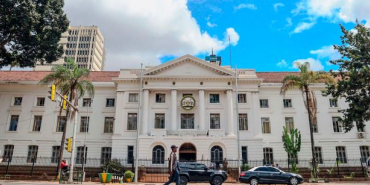
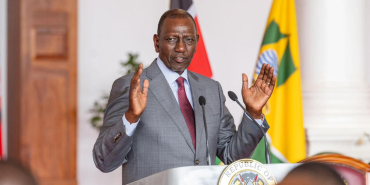
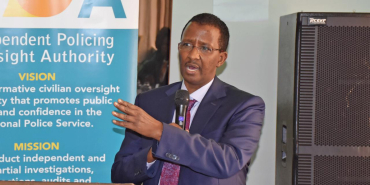





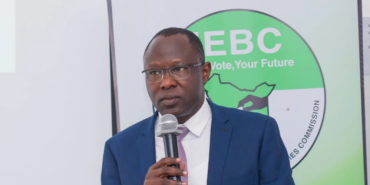
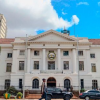
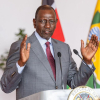

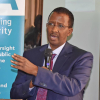
Add new comment